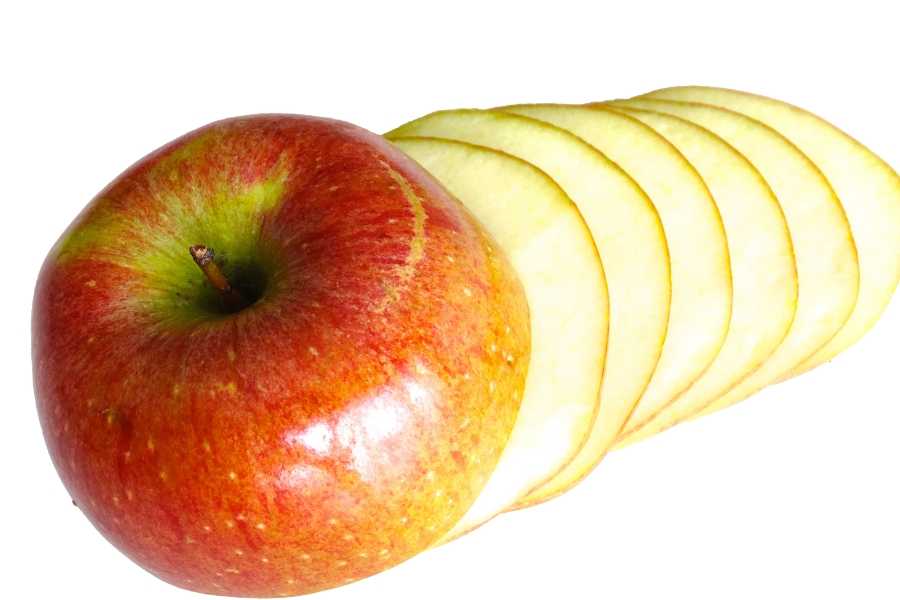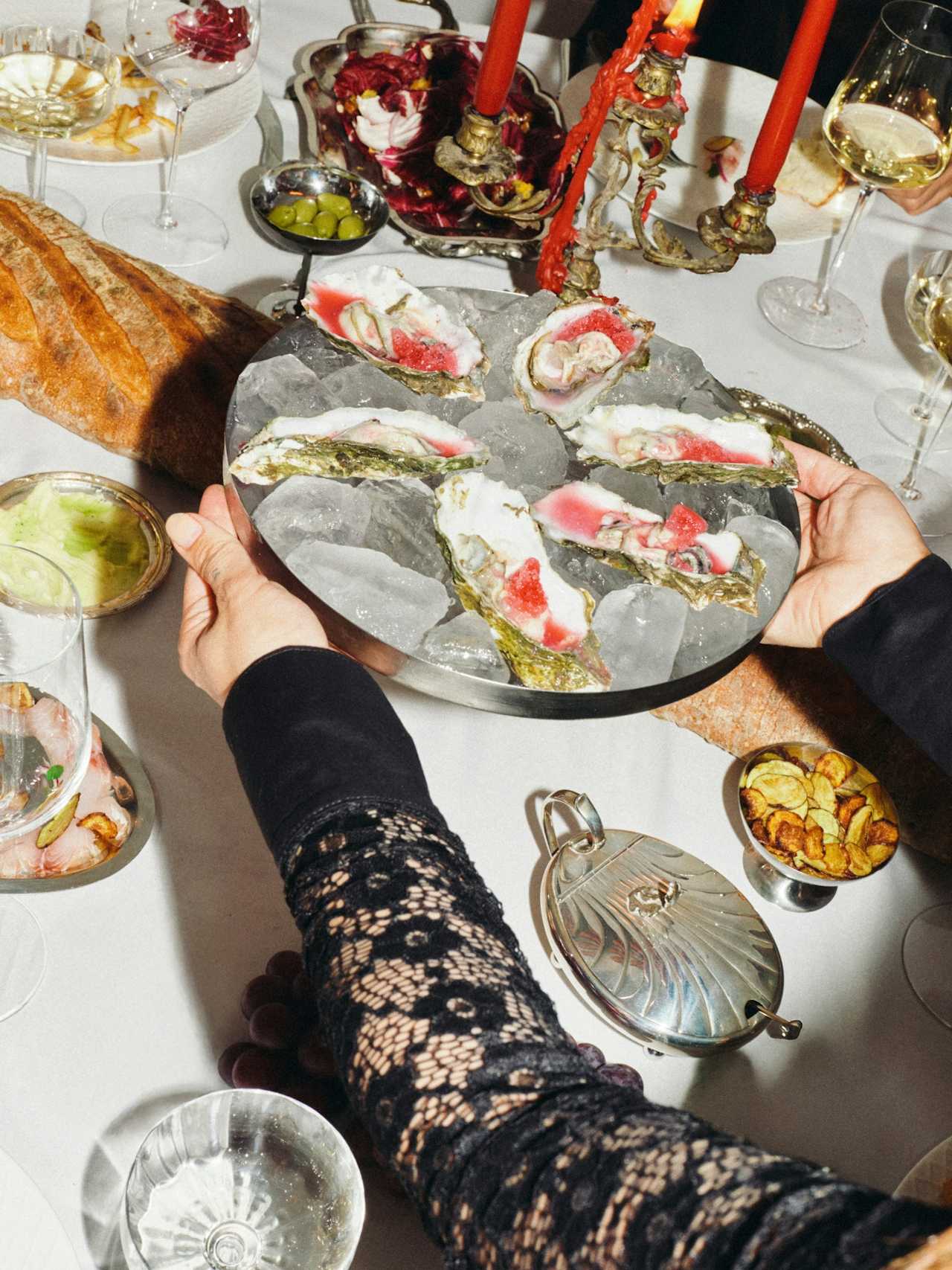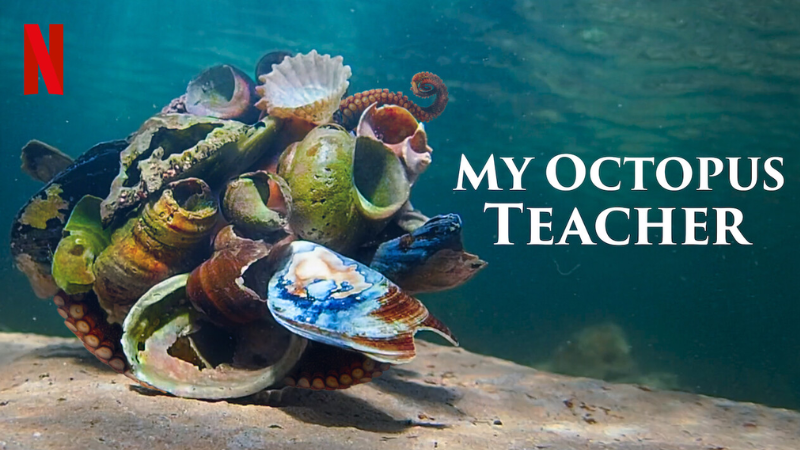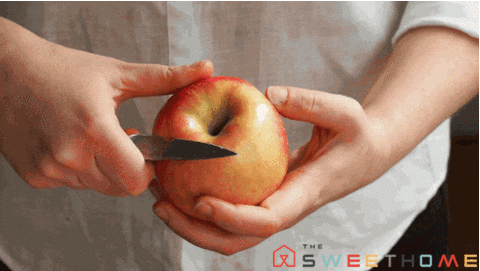Have you ever been part of a group project and had the overwhelming urge to punch one of your partners?
Of course you have. We all have. Even those of us who aren’t prone to violence can understand the urge. In fact, we’re all engaged a big group project right now called The Coronavirus Pandemic, and there are whole lot of people in the U.S. group who are just begging for a smackdown. Still think the virus is a “hoax”? Thwap. Wearing your mask as a chin diaper instead of covering your mouth and nose? Whpsh. Toting your AR-15 to the state capitol to threaten public officials because they insist on trying to protect public health? TKO time.
Apparently, those of us who are feeling a bit punchy these days are in good company. A new study has found that octopuses occasionally punch fish that they cooperatively hunt with, seemingly just because they feel like it. Though it’s not clear exactly why they do it, scientists say it doesn’t appear to be an act of aggression. Some think that they might do it out of “spite” or to influence better hunting behavior.
In other words, Mr. Octopus is hunting along with some annoying group of fish until he’s finally like, “Dude, you’re bugging the crap out of me. Stop it.” Thwack. Or “Dude, you’re fudging everything up. Knock it off.” Thwack.
Some scientists also think octopuses will throw a punch in a self-serving, I’m-taking-that-just-because-I-can of way. “Dude, back the hell up. That prey is mine.” Thwack.
If we want to get a bit more scientific about it, octopuses are known to hunt collaboratively with fish so that they can cover more area and increase their chances of catching something. In a new report published in Ecology, scientists describe how one kind of octopus in particular, the big blue octopus (also known as day octopus), seems to express displeasure with their hunting partners by randomly lashing out, using “a swift, explosive motion with one arm.” Or in other words, punching.
That’s the word the scientists actually use. Punching. Yay, science.
It seems that the humor is just inherent in the visuals. Eduardo Sampaio, one of the study authors and a Ph.D. student at the University of Lisbon, found it hilarious when he first observed the behavior from the cephalopods he was studying. “I laughed out loud, and almost choked on my own regulator,” he told Live Science in an email.
It might seem like the most logical explanation is that the octopus is simply knocking the fish away from the prey it wants. Sampaio explained that that is what some scenarios indicate.
“Despite collaborating, each partner will always try to maximize its benefits,” he told Live Science. “In the cases where prey is readily available, the octopus seems to use ‘punching’ as a way to control the partner’s behavior in a self-serving way.”
However, the researchers also observed that there were instances where there didn’t seem to be any benefit to the octopus to punch the fish. More research is needed to figure out what that’s all about, but that’s where the “spite” speculation comes in.
It is quite something to witness—the octopus and fish swimming along nicely together when all of a sudden one of those tentacled arms flies out and punches a fish out of nowhere. It’s also fun to speculate whether the octopus is just being a big old bully or if that fish actually deserved it.
We can come up with whole storylines for why Mr. Octopus feels justified in sucker-punching his partner. Maybe the octopus is in a bad mood and the fish is just in the wrong place at the wrong time. Or maybe the little guy is just super needy and hovering, and it’s the octopus’s way of saying, “Back off. Just because we work together doesn’t mean we’re gonna be friends.”
Octopuses are, after all, one of the most intelligent animals on earth. My guess is if they’re punching the creatures they’re working with, they probably have a good reason for it.








































